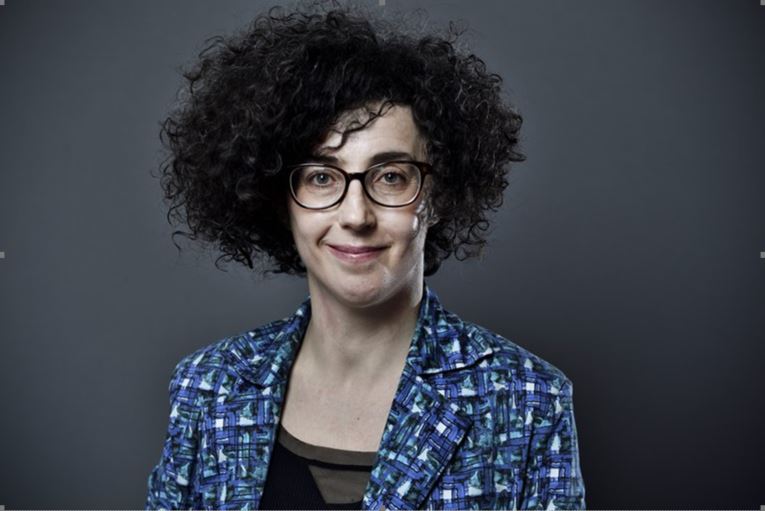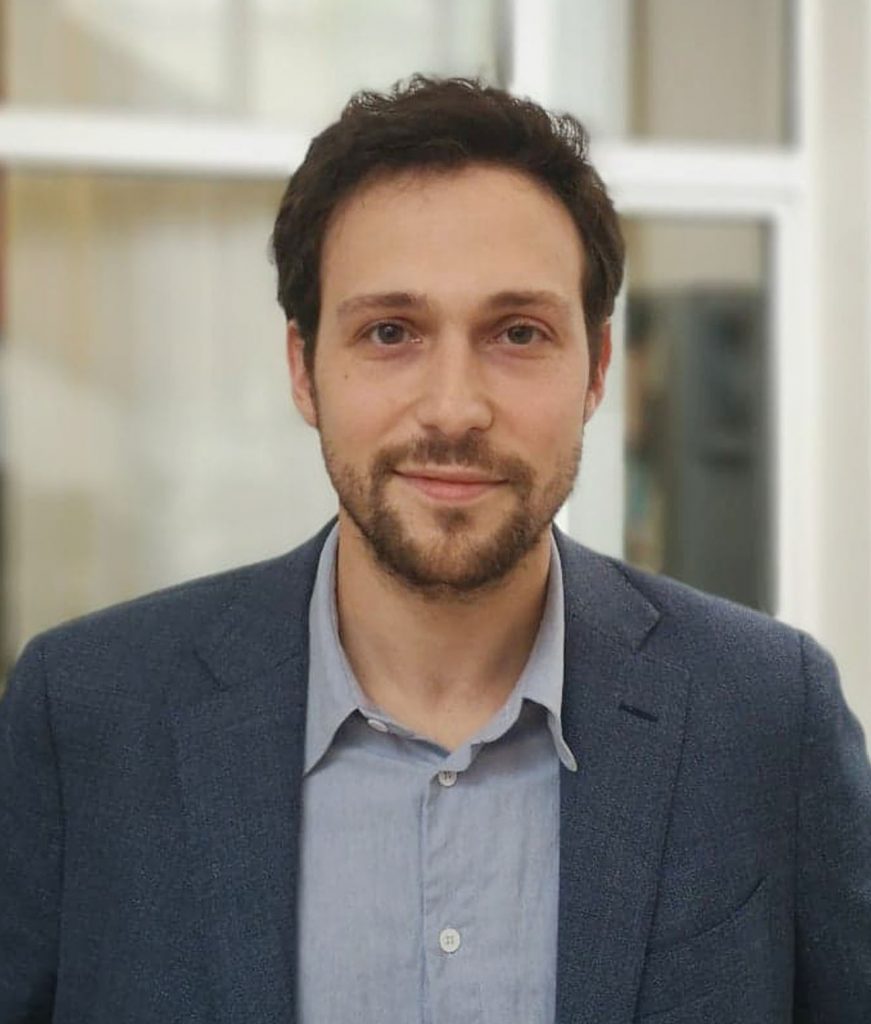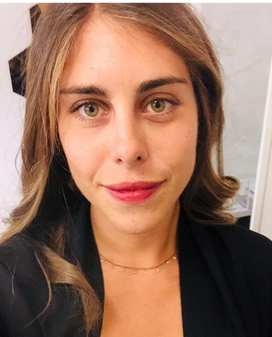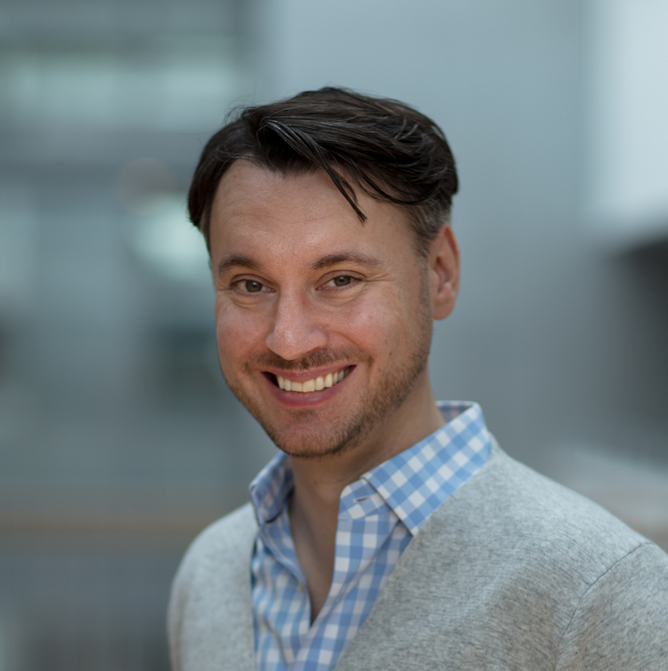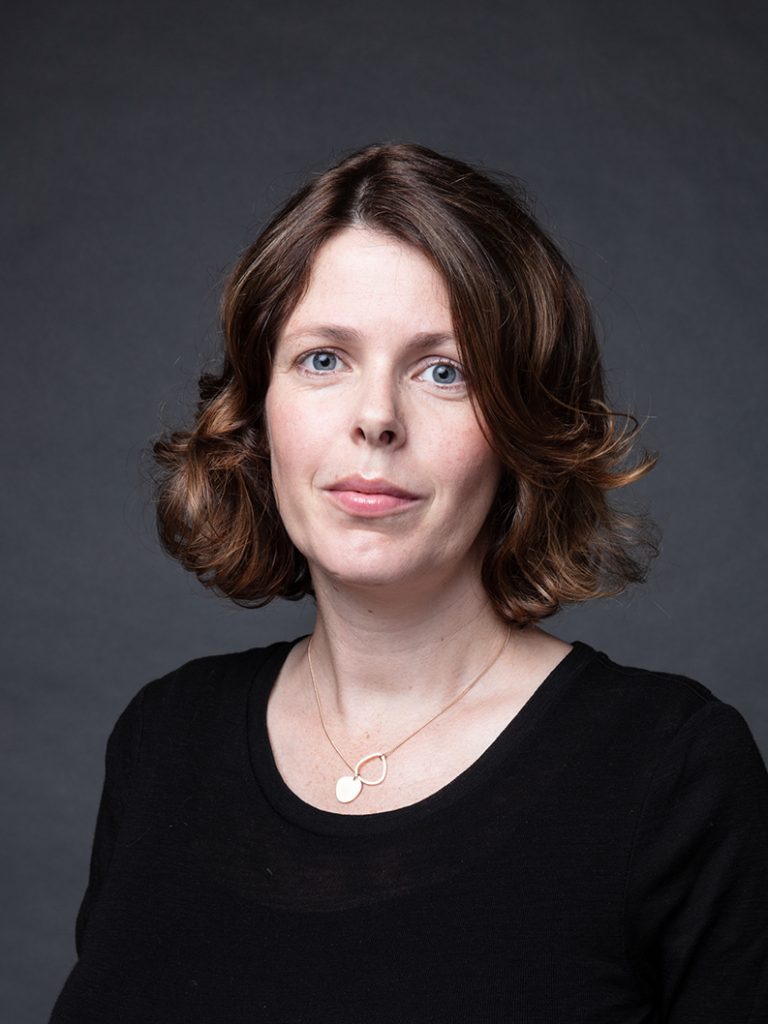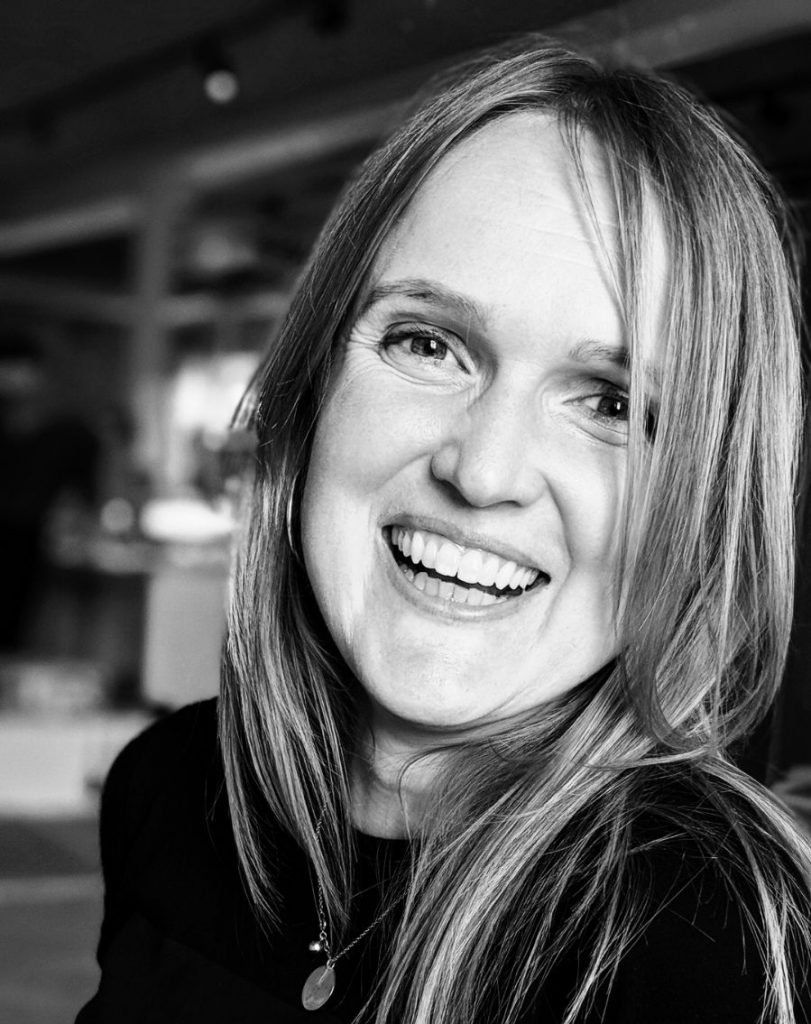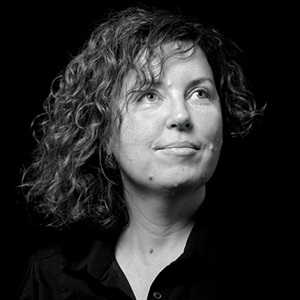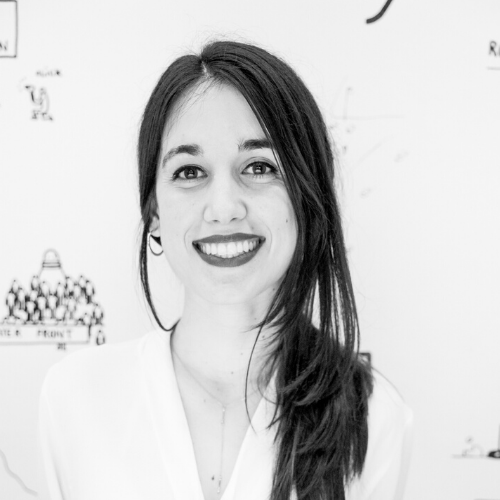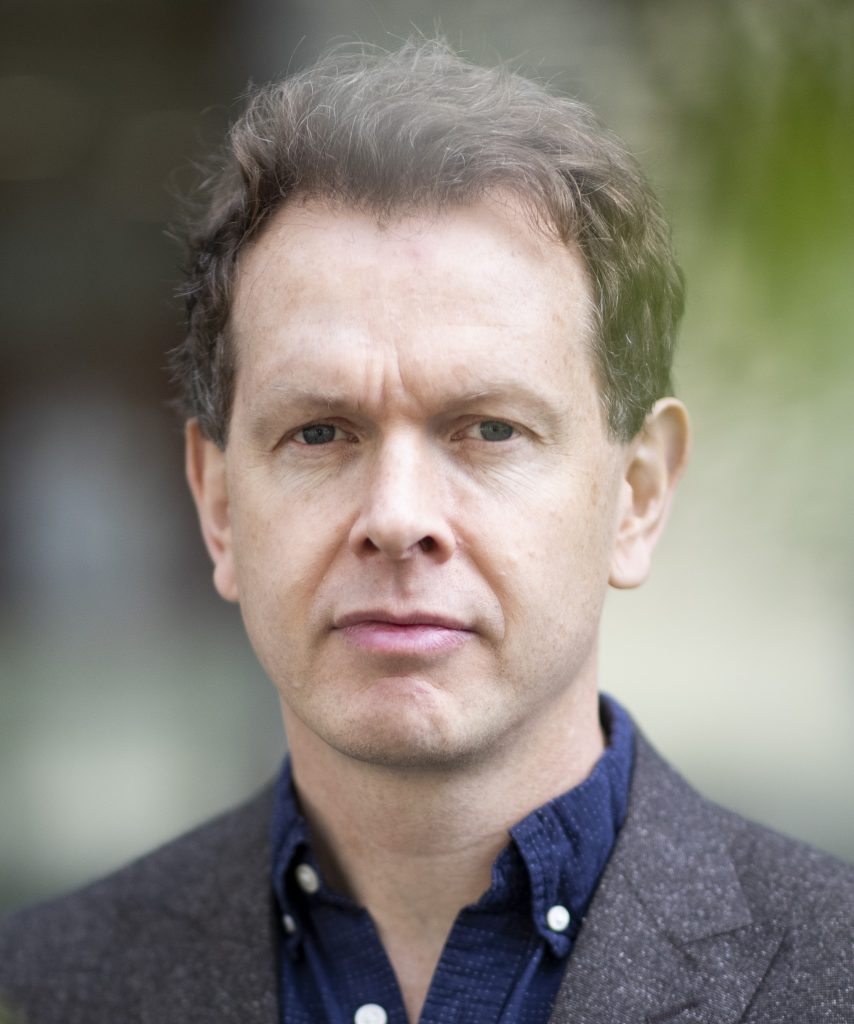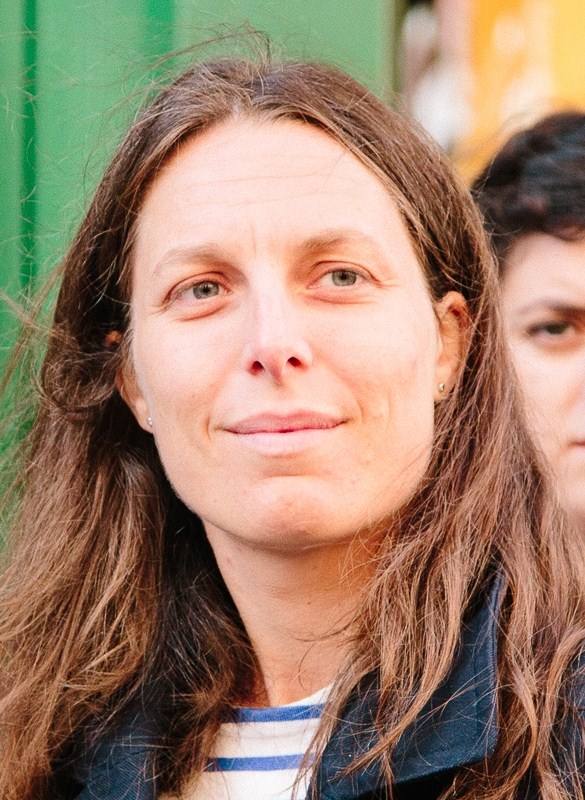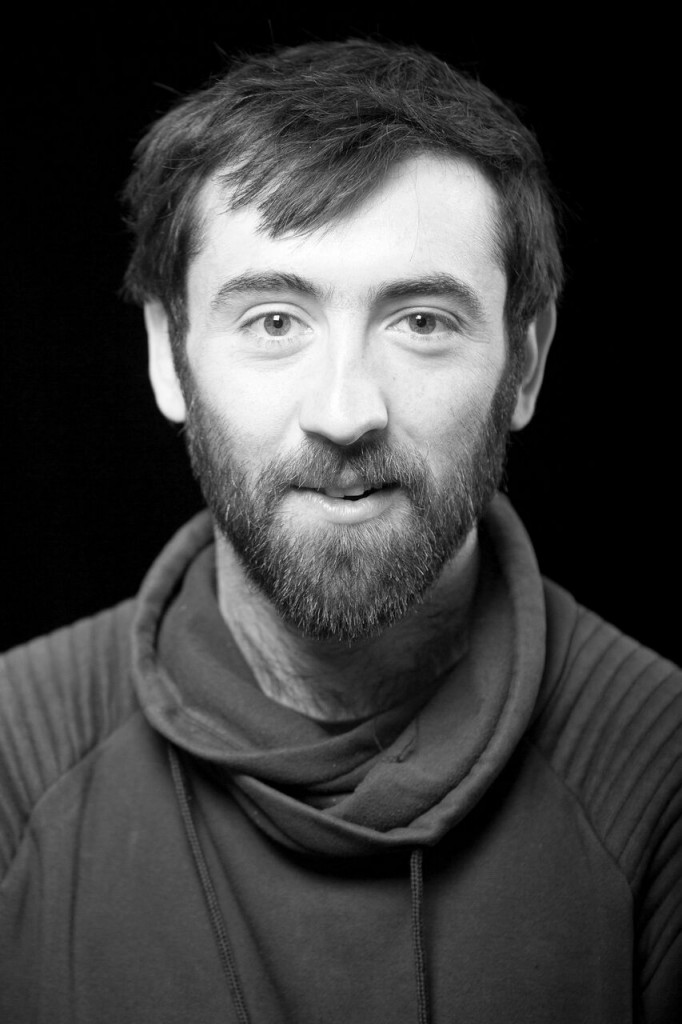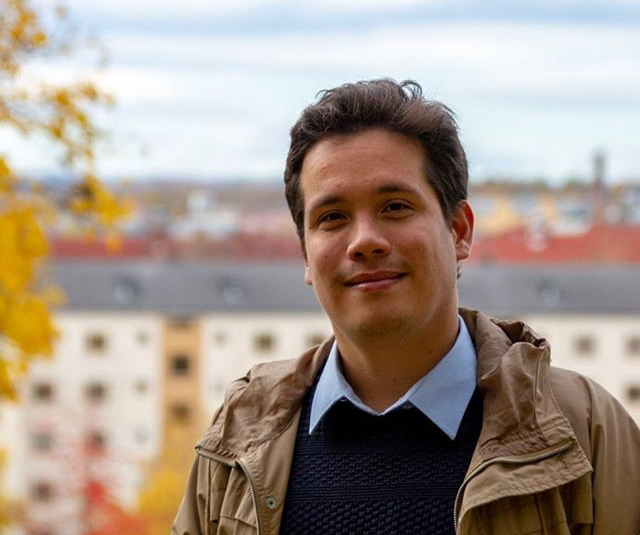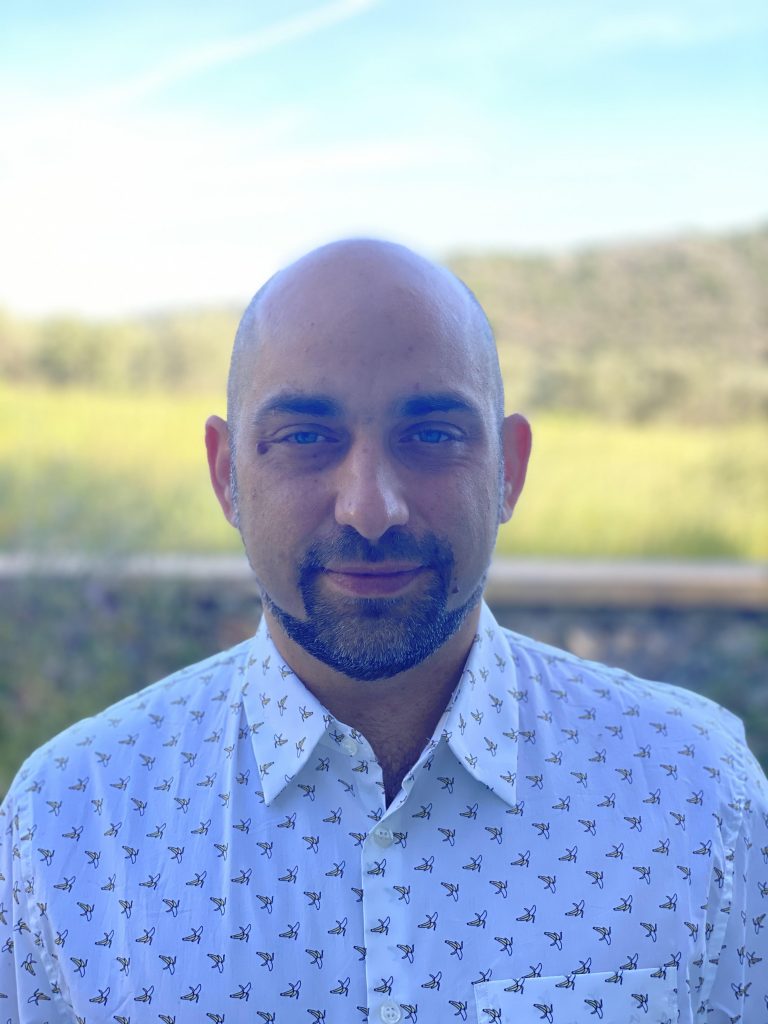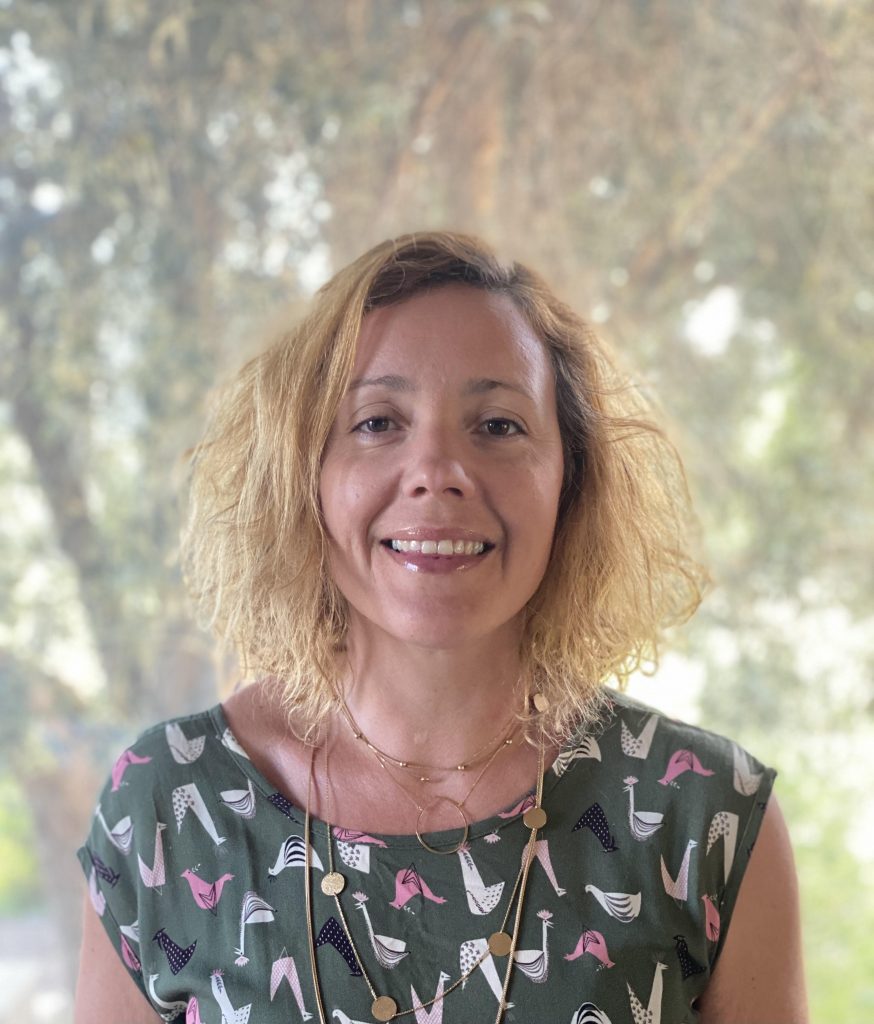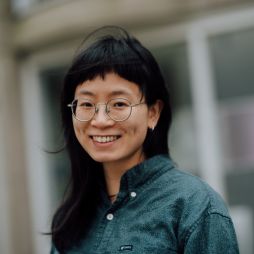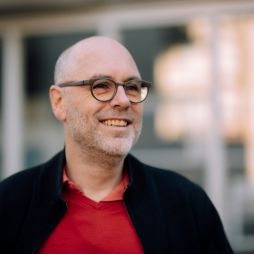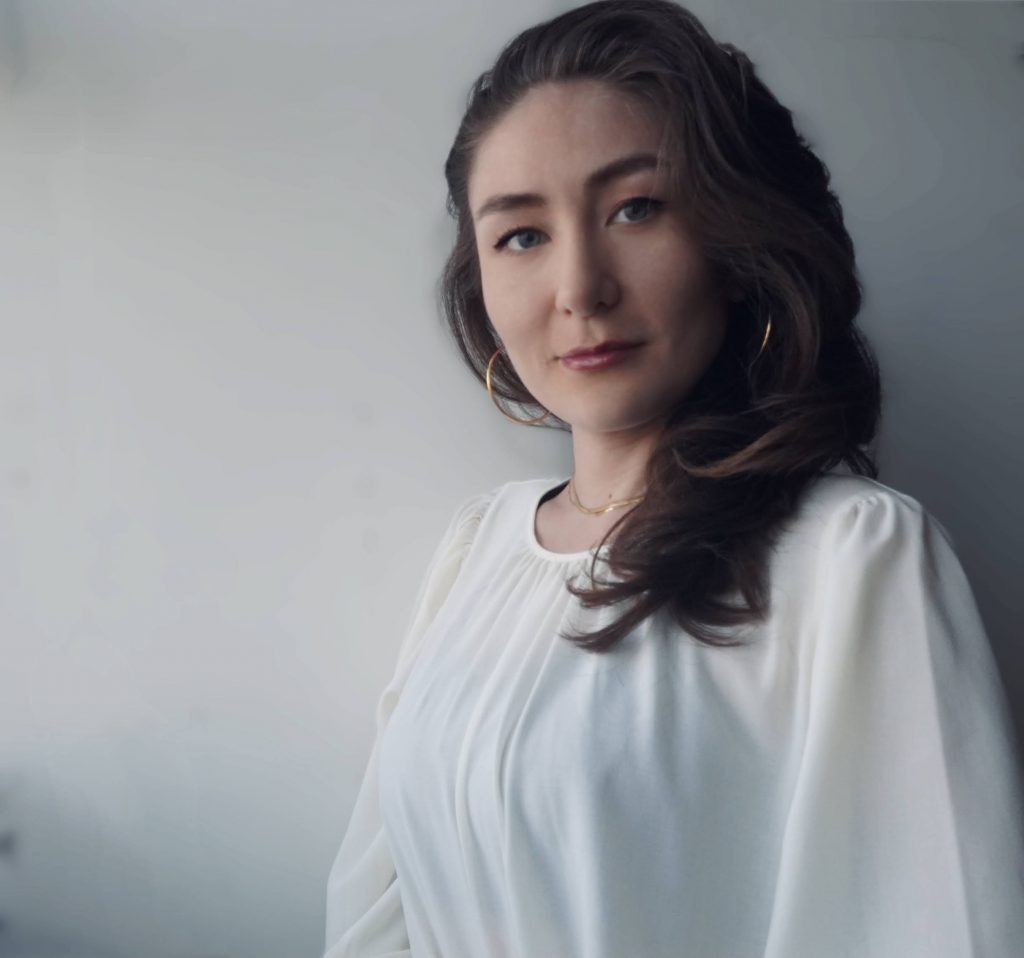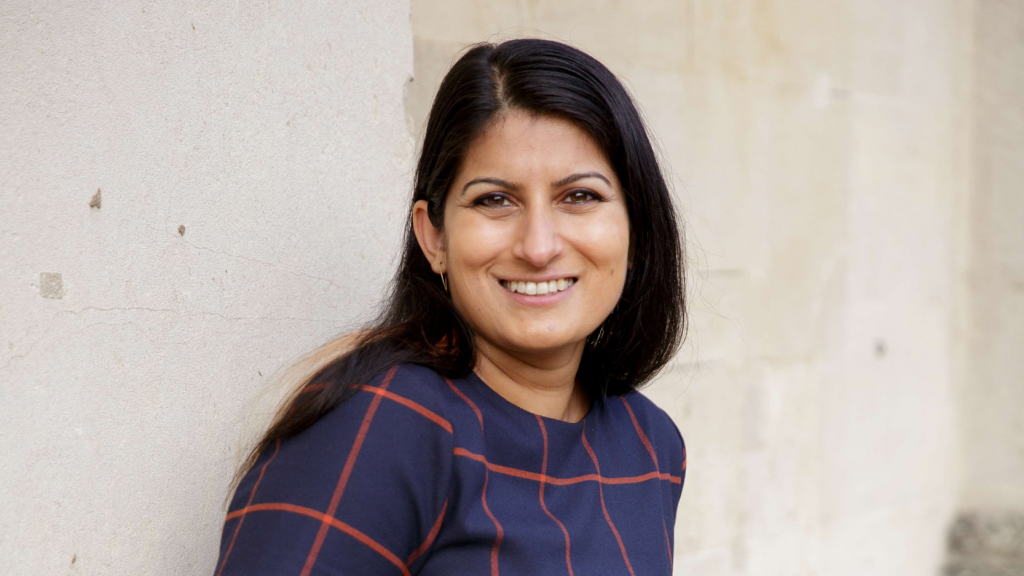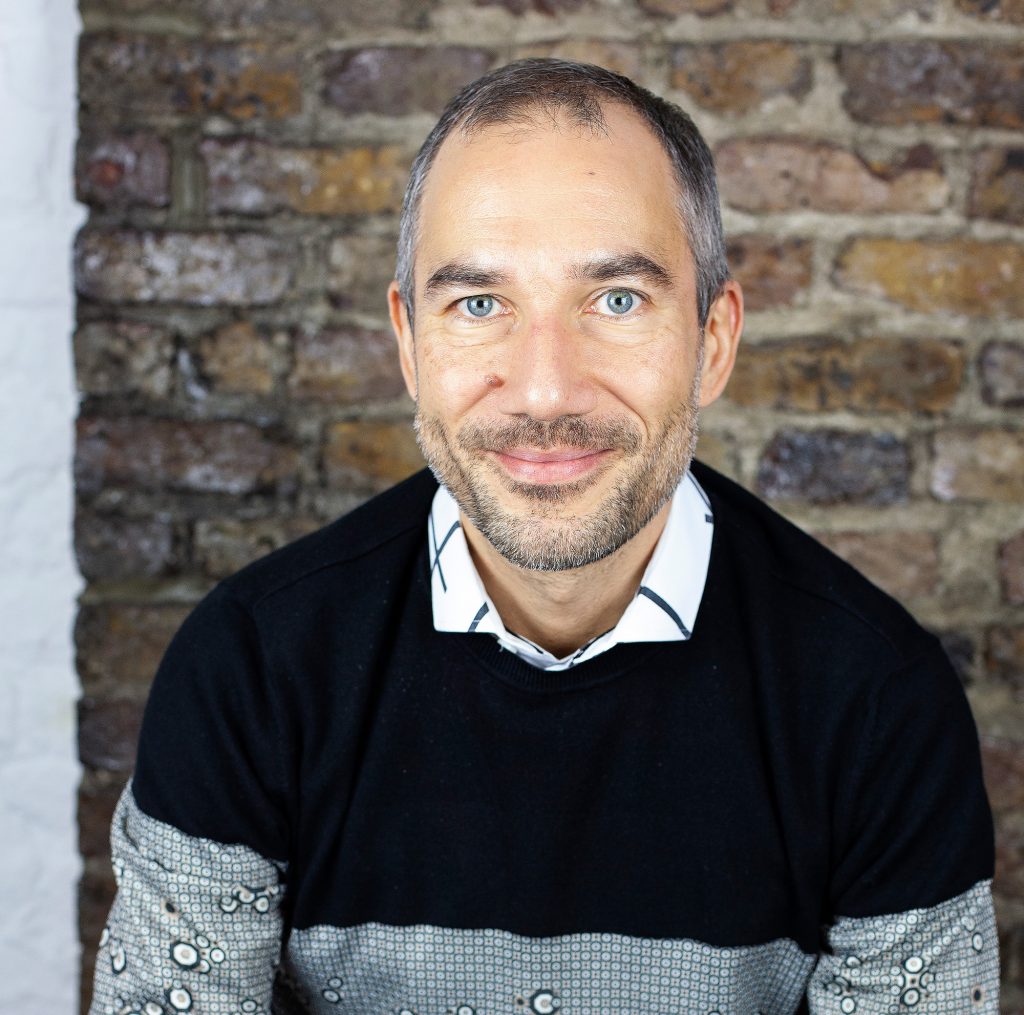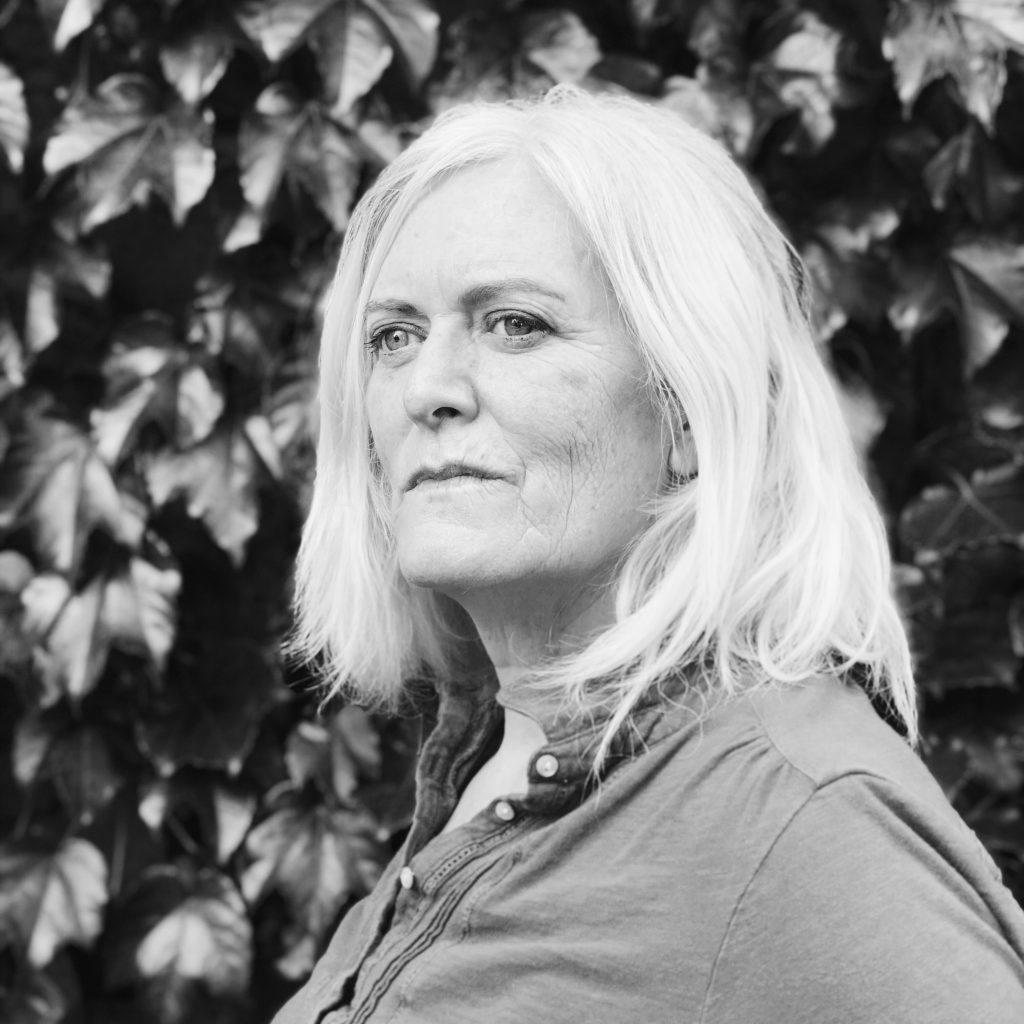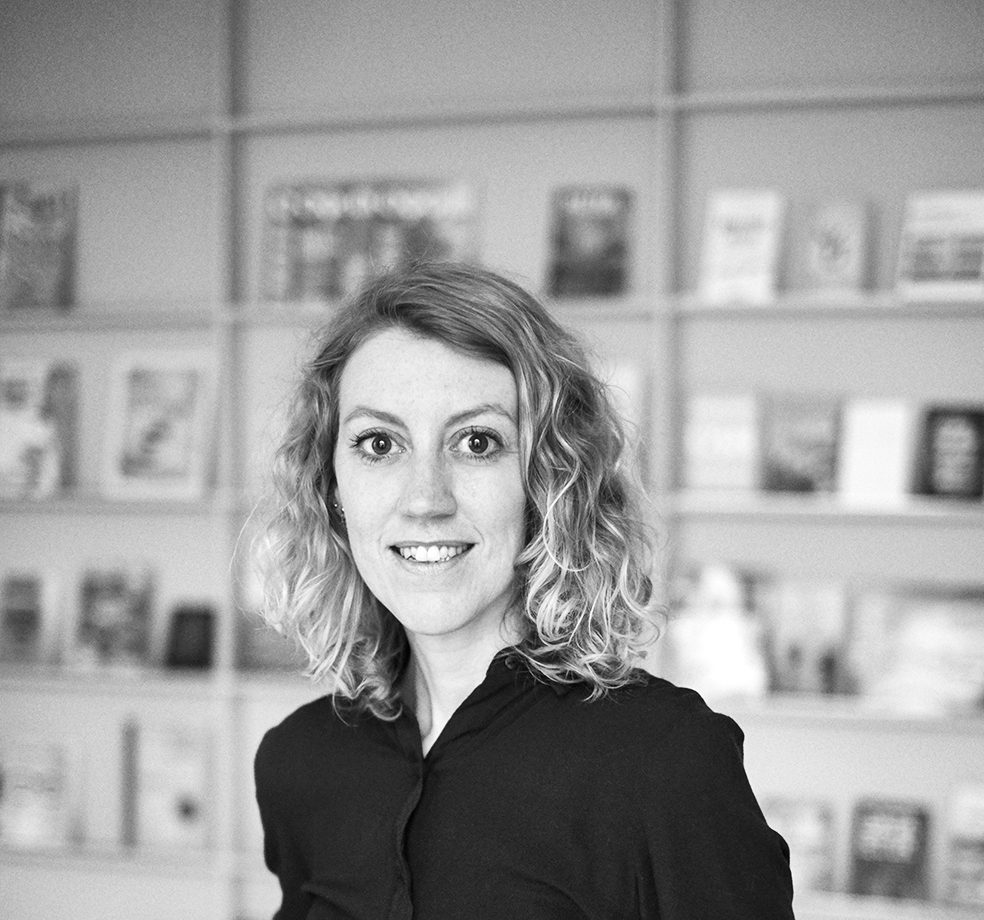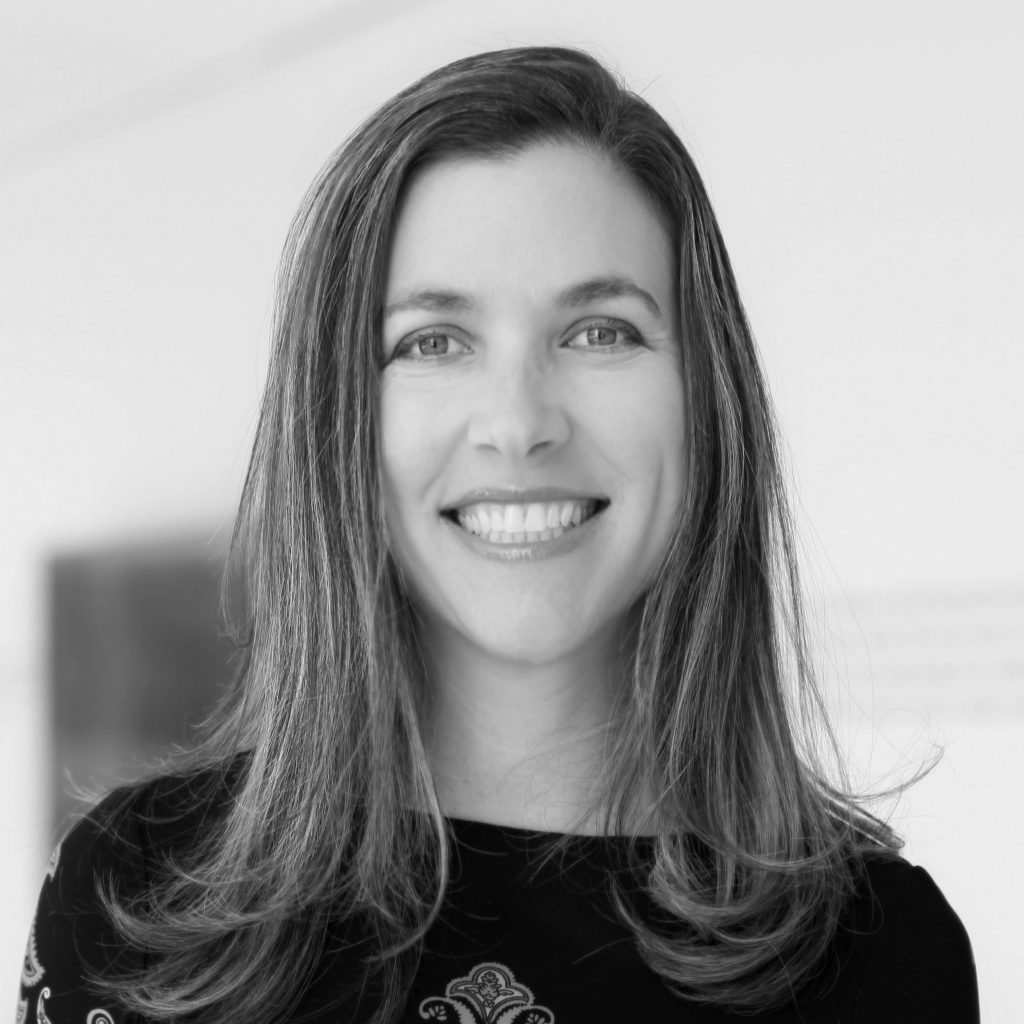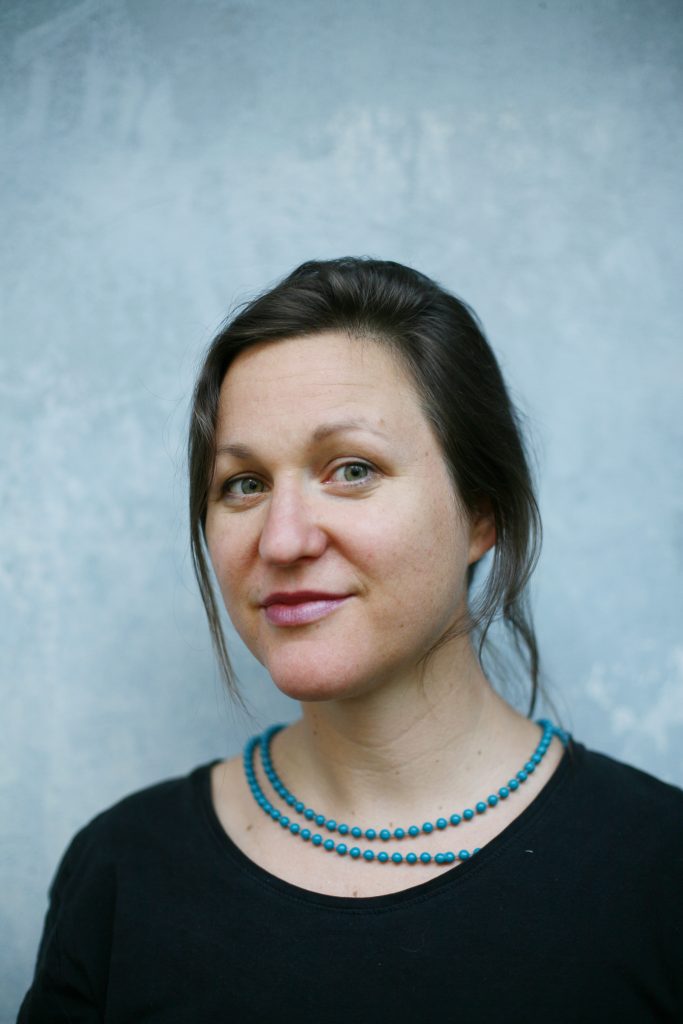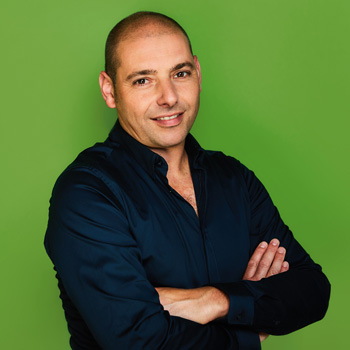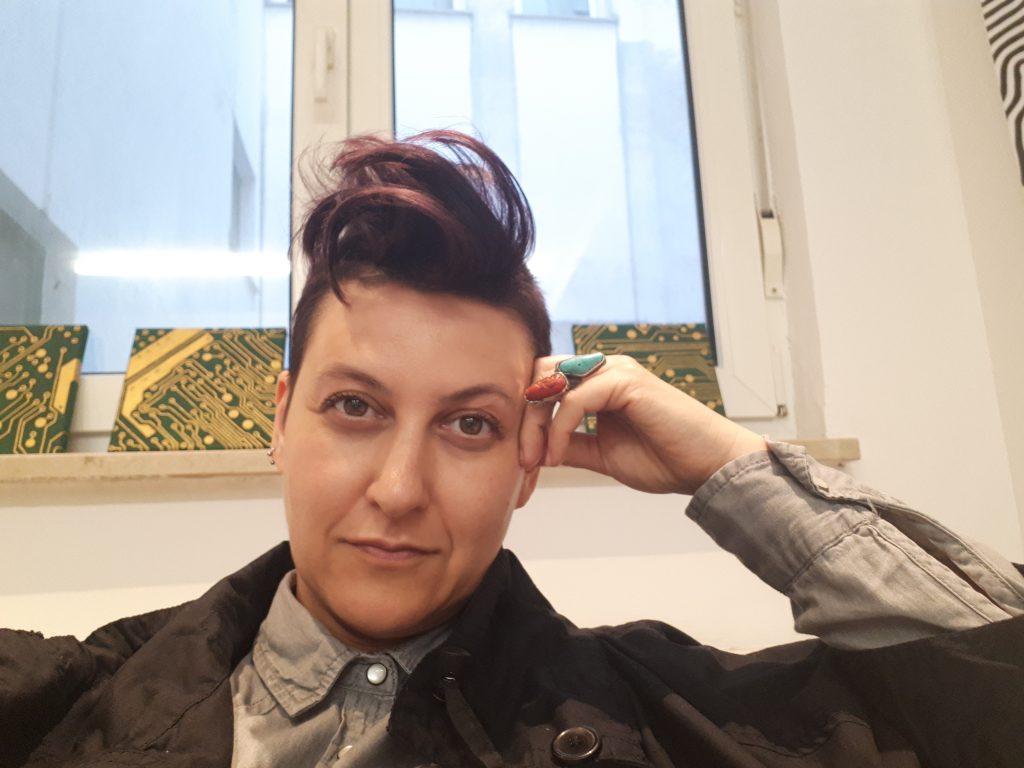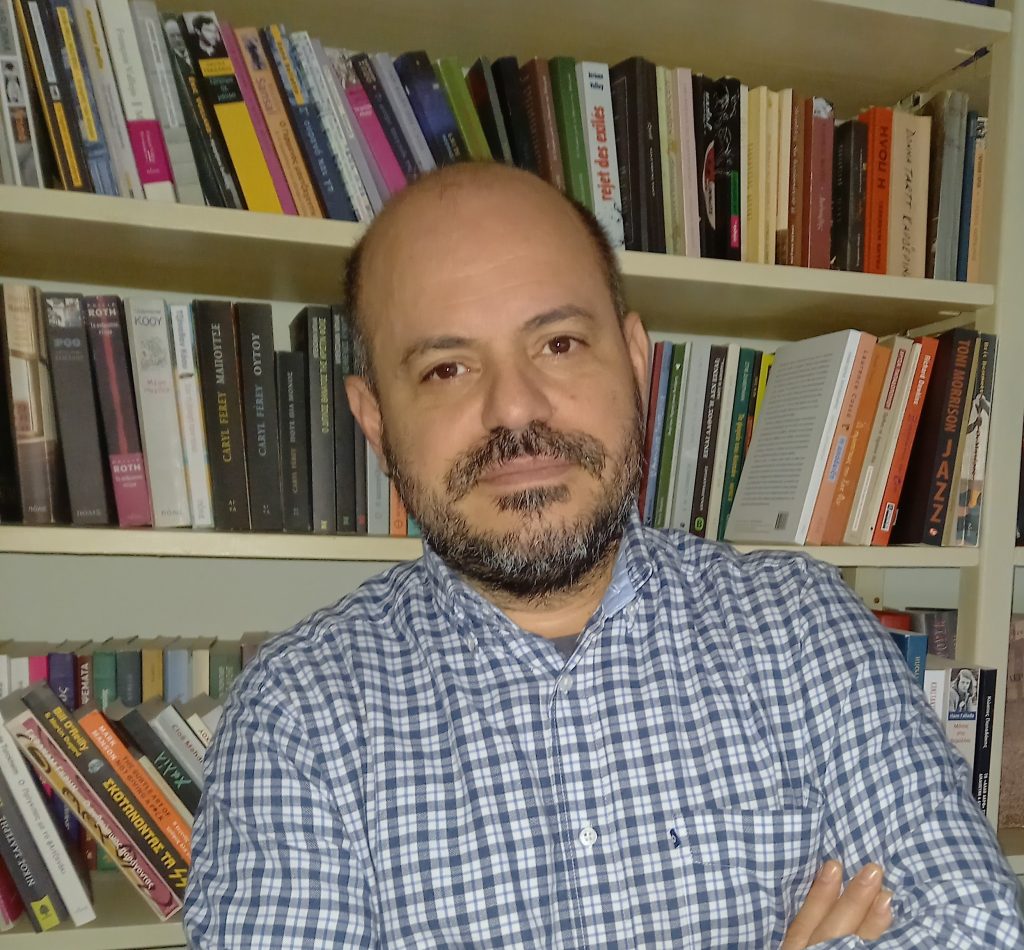Ana Alacovska
Ana Alacovska is an associate professor PhD at Copenhagen Business School. Her current research interests revolve around the sociology of culture with an emphasis on the power of genres to influence institutional and social relations; the creative labour studies with a special accent on gender inequalities and the critical studies of media organizations. She is now conducting research on the economic, cultural and social dynamics of the production of Scandinavian crime fiction within the Danish publishing field. This project, entitled “Masters of Crime: Scandinavian Crime Fiction in a Media Industries Perspective”, is generously funded by the Danish Research Council for the Humanities. She has been the leader of a large research project on the temporality and informality of post-socialist creative work financially supported through a grant awarded by the Swiss Agency for Development and Cooperation through the University of Fribourg in Switzerland.
